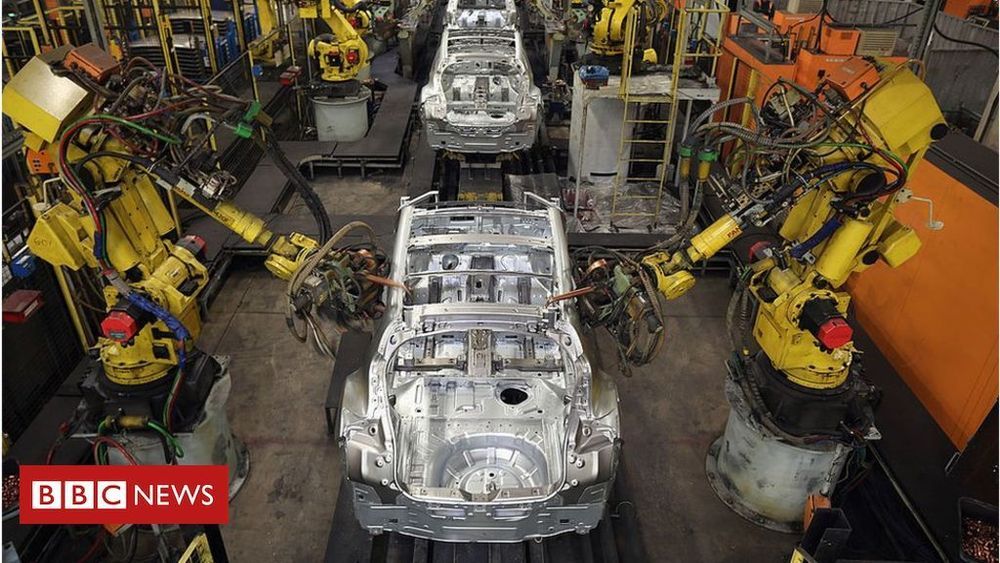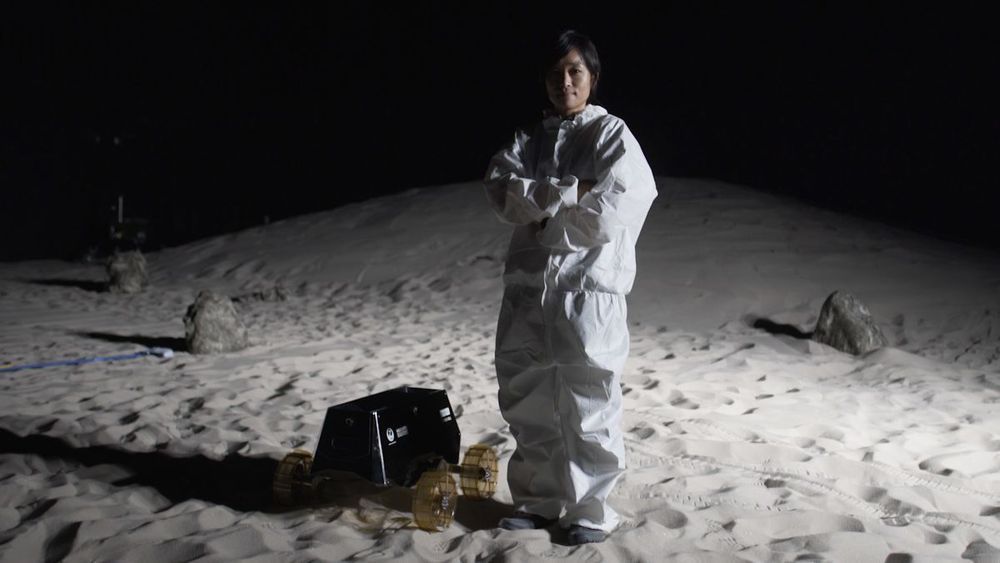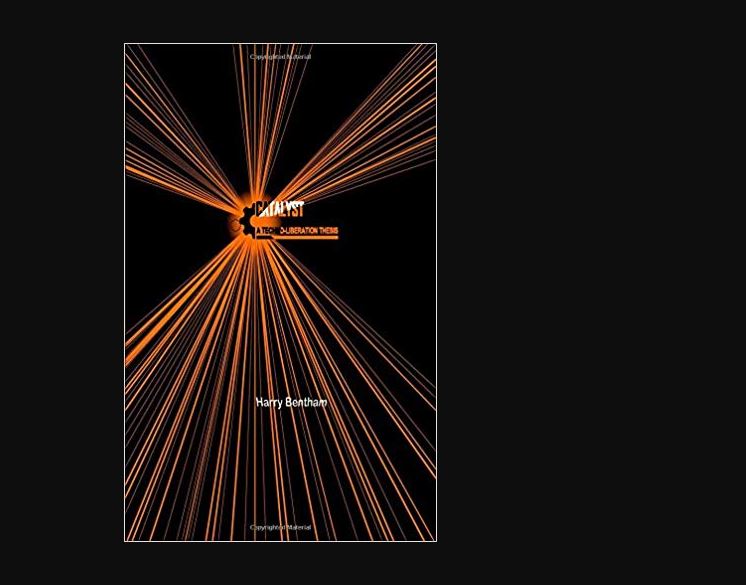So, if something is universal, doesn’t it mean that it will apply to everybody? If so, why are individual countries racing to experiment with UBI? (Sam Altman, chairman of Y Combinator and co-chairman of OpenAI, may be the exception to date but he is attempting that in a silo).
To truly address the root causes of exploitation and inequality, why isn’t the paradigm of ‘I win, you lose’ Nonsense surfaced? Is that because you are so preoccupied with surviving/getting ahead for yourself, you are not aware Business-as-usual is the water we swim in?
Most countries don’t even have a minimum wage but Silicon Valley technocrats like Bill Gate, Mark Zuckerberg, Elon Musk and others globally are universal basic income (UBI) advocates. To expedite the latest Business-as-usual gold rush, UBI could be an initial bait.







